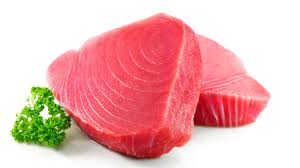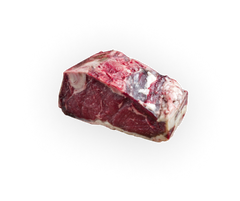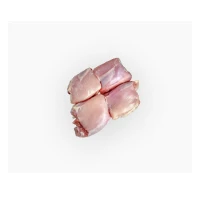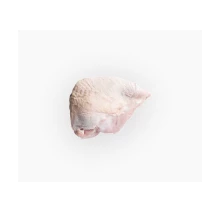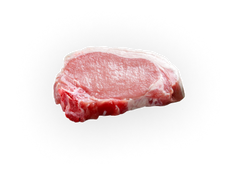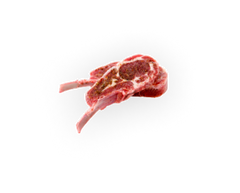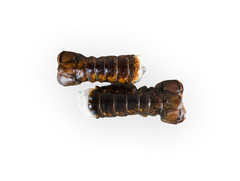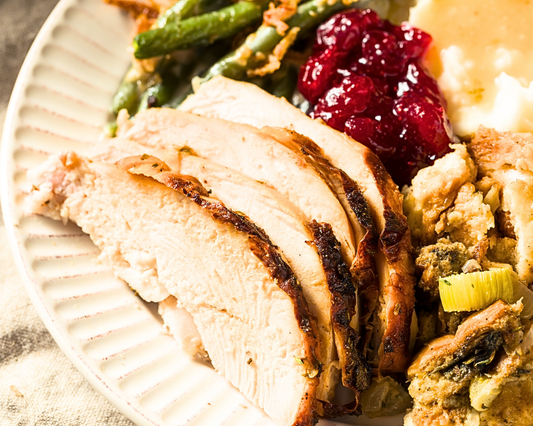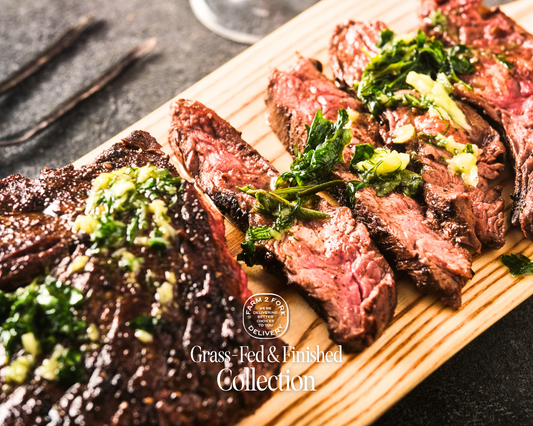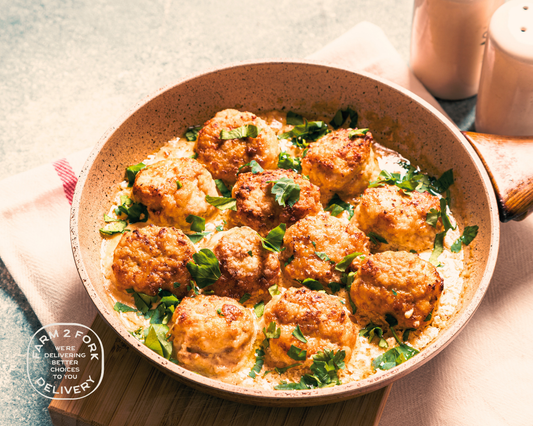Living with celiac disease requires careful consideration of the foods you consume, especially when it comes to protein sources. Protein is an essential nutrient that plays a vital role in building and repairing tissues, supporting immune function, and maintaining overall health. However, individuals with celiac disease must be vigilant about choosing protein-rich foods that are gluten-free and safe for their dietary needs. In this blog post, we will explore a variety of healthy protein options that are suitable for individuals with celiac disease.
1. Lean Meats
Lean meats are a staple in a celiac-friendly diet. Opt for unprocessed cuts of poultry like chicken and turkey, as well as lean cuts of beef, pork, and lamb. These meats are naturally gluten-free and provide high-quality protein, essential vitamins, and minerals. When preparing your meats, avoid using marinades or sauces that contain gluten-containing ingredients. Instead, season with gluten-free herbs, spices, and sauces.
2. Fish and Seafood
Fish and seafood are excellent protein sources for individuals with celiac disease. Fresh or frozen fish like salmon, cod, and tilapia, as well as shellfish such as shrimp and crab, are naturally gluten-free. They also offer heart-healthy omega-3 fatty acids that support brain and cardiovascular health. Grill, bake, broil, or steam your seafood to retain their nutritional value without adding gluten.
3. Legumes
Legumes, such as lentils, chickpeas, black beans, and peas, are nutrient-rich sources of protein and dietary fiber. These plant-based proteins can be used in various dishes, from soups and stews to salads and spreads. Incorporate legumes into your diet to boost your fiber intake and promote gut health. Just be sure to choose dried or canned legumes labeled as gluten-free, and read labels carefully to avoid cross-contamination.
4. Eggs
Eggs are versatile and naturally gluten-free, making them an excellent protein option for individuals with celiac disease. They provide a complete protein source and are rich in essential nutrients like vitamin D, choline, and antioxidants. Enjoy eggs in various forms, including scrambled, poached, boiled, or as the base for omelets loaded with vegetables.
5. Dairy and Dairy Alternatives
Dairy products and their alternatives can contribute to your protein intake. Greek yogurt, cottage cheese, and certain cheeses are protein-packed options. If you're sensitive to lactose or following a dairy-free diet, consider plant-based milk alternatives like almond milk, coconut milk, or soy milk. Just ensure that these products are labeled as gluten-free to avoid any cross-contamination during processing.
6. Nuts and Seeds
Nuts and seeds are not only a great source of protein but also provide healthy fats, vitamins, and minerals. Incorporate almonds, walnuts, chia seeds, flaxseeds, and pumpkin seeds into your meals and snacks. Sprinkle them on yogurt, salads, or include them in gluten-free baked goods to add a nutritious crunch.
Maintaining a balanced and nutritious diet is essential for individuals with celiac disease, and selecting safe and healthy protein sources is a crucial part of this journey. By choosing lean meats, fish, legumes, eggs, dairy or dairy alternatives, and nuts and seeds, you can ensure that you're meeting your protein needs while adhering to a gluten-free lifestyle. As always, read labels carefully, choose certified gluten-free products, and be mindful of potential cross-contamination when preparing and consuming your meals. By making informed choices, you can create a diet rich in nourishing proteins that supports your health and well-being.
Navigating Healthy Proteins for Celiac Disease: A Guide to Nutritious Choices
